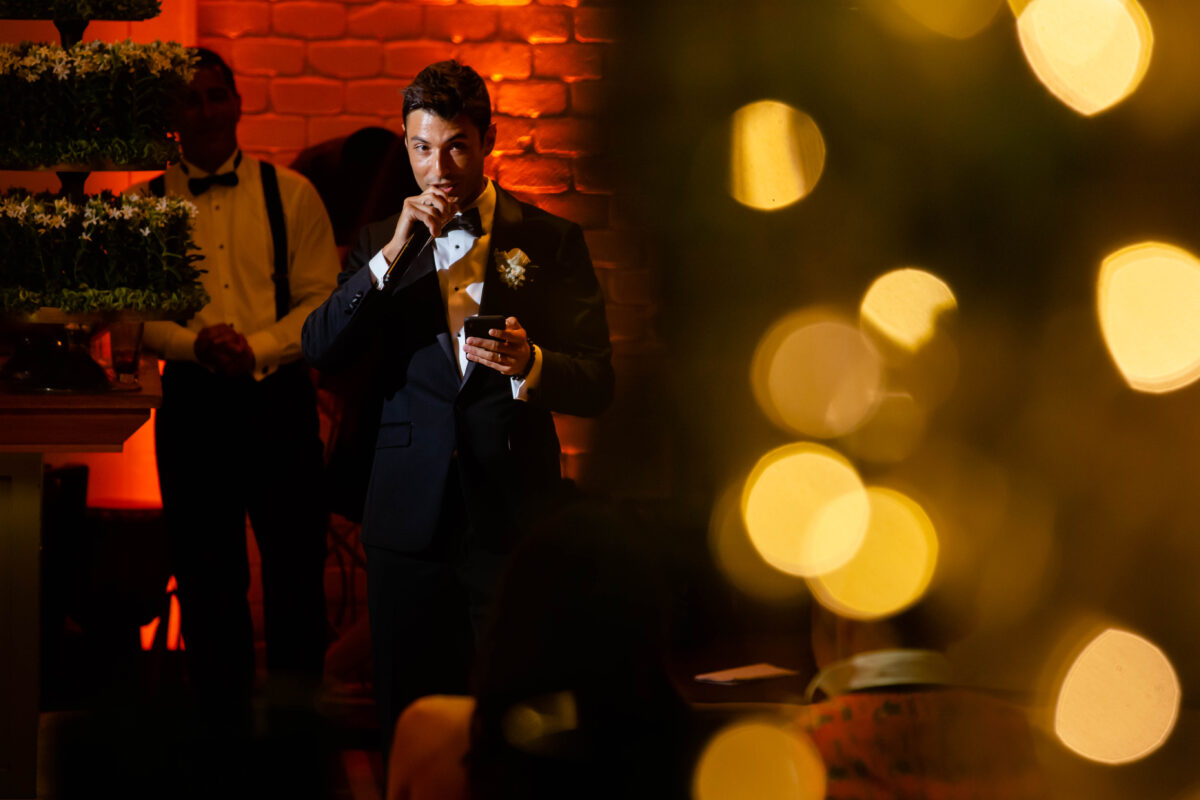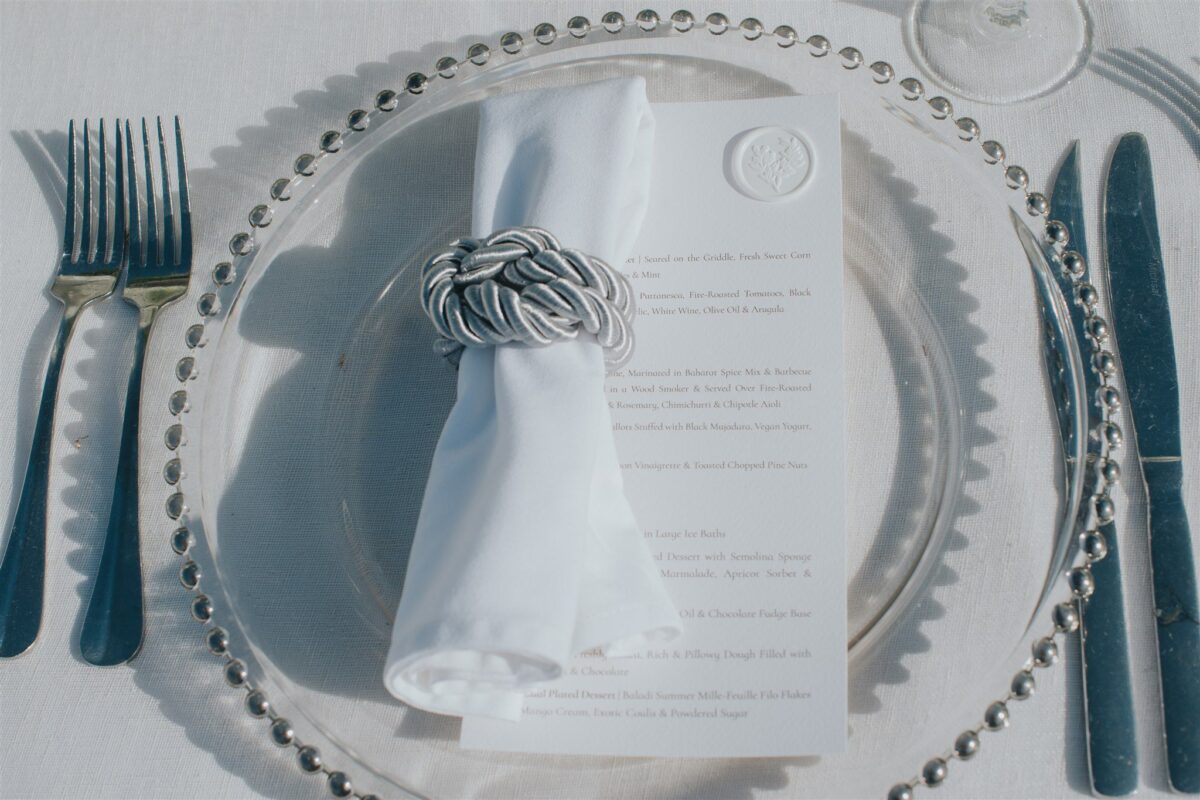Having a traditional Jewish wedding in Israel does require that some distinct rituals take place. Some are widely known around the world in Jewish circles and others are lesser known outside of Israel. Even if you are not an Orthodox Jew, there are a smattering of bare minimum rituals that are expected to take place at every Jewish wedding that is recognized by the rabinut (the spiritual authority for Judaism in Israel).
The Ketubah (Wedding License)
Couples are required to speak with a rabbi or respected Jewish counsel regarding advice and the sanctity of marriage before the wedding. This obviously must be planned in advance either with your local rabbi or in Israel. If couples choose to be married under the Israeli rabinut, meetings need to be arranged significantly in advance according to schedules and visits to Israel before the wedding takes place. Whether you choose to conduct this in Israel or not, this step is mandatory for receiving a legitimate Jewish wedding license, ketubah in Hebrew. The actual ketubah will take place at the actual wedding, before the ceremony.
The Mikve
For traditional Jewish weddings in Israel, couples are expected to cleanse themselves in a mikve, a bathing ritual that is considered to purify your body. This spiritual ritual, dating back to ancient times from the beginning of the first century BCE, is literally steep in Jewish history, and symbolizes a pure beginning entering into your marriage.
Wedding Bands
Plain gold wedding bands, without diamonds or any other adornments or inscriptions, are required in the Jewish wedding exchange. As a permanent symbol of the couple’s love for each other, the rings must be a simple unbroken circle — symbolizing a future marriage void of conflict or distraction.
Breaking of the glass
Probably the most universally known Jewish wedding tradition, the groom breaks a wine glass by stomping on it to symbolize the destruction of the Jewish temple in Jerusalem. In modern times, it has come to be considered as “sealing the deal” on the marital covenant, a sort of Jewish version of “and now you may kiss the bride!”
Specific traditional wedding dances
Israelis love to dance and once the wedding festivities commence, there are a slew of dance numbers that are unique to Jewish wedding traditions. It is customary in some circles for men and women to section off and have their own dances in groups. In the female group, the bride dances at the center and all the women dance around her lifting the first layer of her gown into the air. By far the most popular is the celebratory “hora” dance, where the bride and groom are hoisted up into the air on chairs by all of their friends and family and everyone dances in circles around them in a traditional Jewish folk dance.
Gifts
In Israel, it is customary to write a check or give cash to the bride and groom as a gift for their wedding. It actually considered out-of-the-ordinary to give anything but. A registry is not common and most destination weddings make it difficult for the couple to bring back actual gifts. If this is something you would like to address in advance for friends and family traveling from abroad, it is advised to do so a month or more ahead of your wedding date so guests can plan ahead. Asking for guests to make a contribution to your “honeymoon fund” is a softer way of phrasing the (already) awkward dialogue.
It is also worth it to note that most Jewish weddings do not adhere to the following wedding traditions that are popular outside of Israel:
-Having a wedding party of bridesmaids and groomsmen, maid of honor, etc
– Father/daughter mother/sons dances
– Throwing the bouquet
– A round table of speeches
– Something old, something blue, etc.






